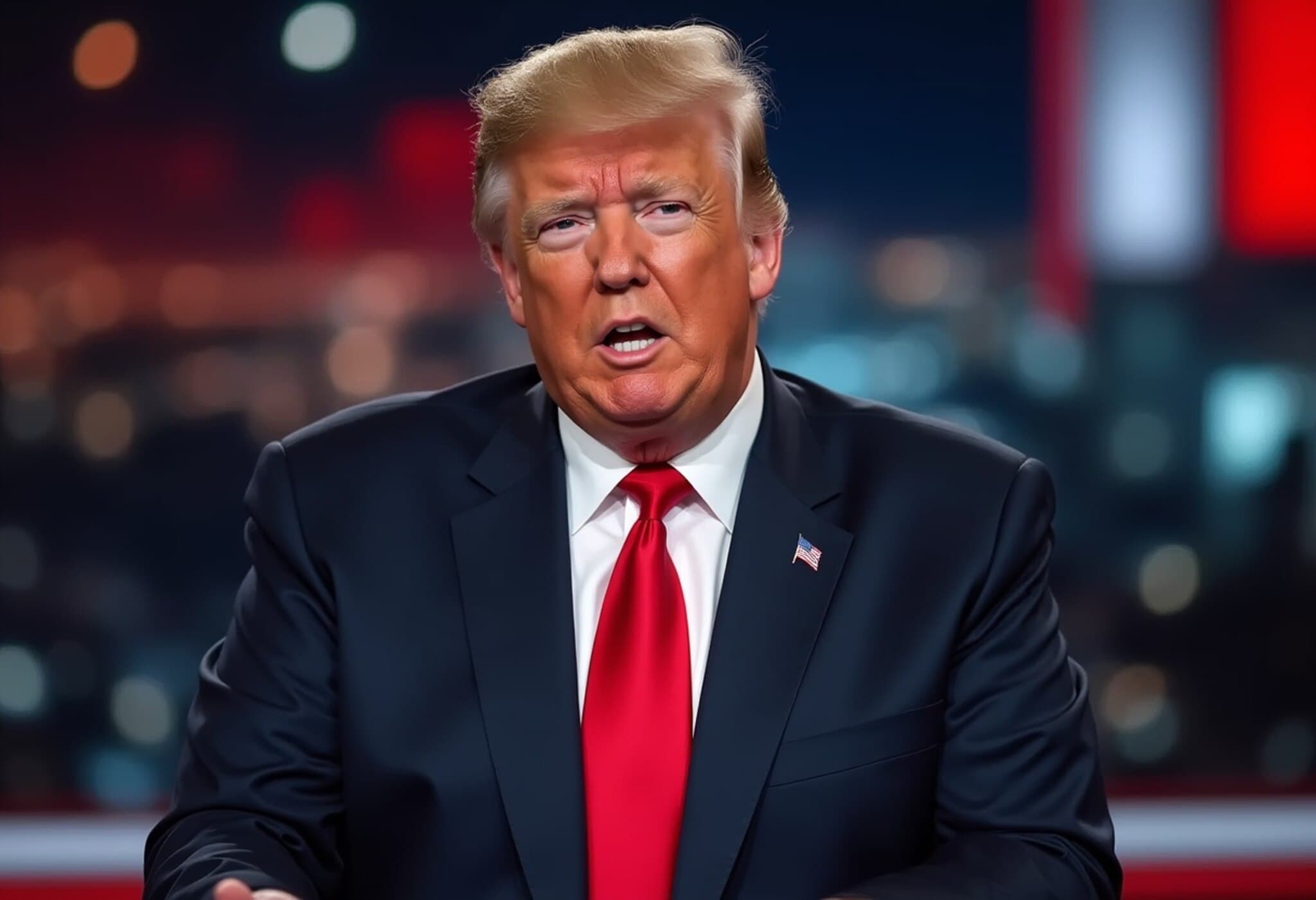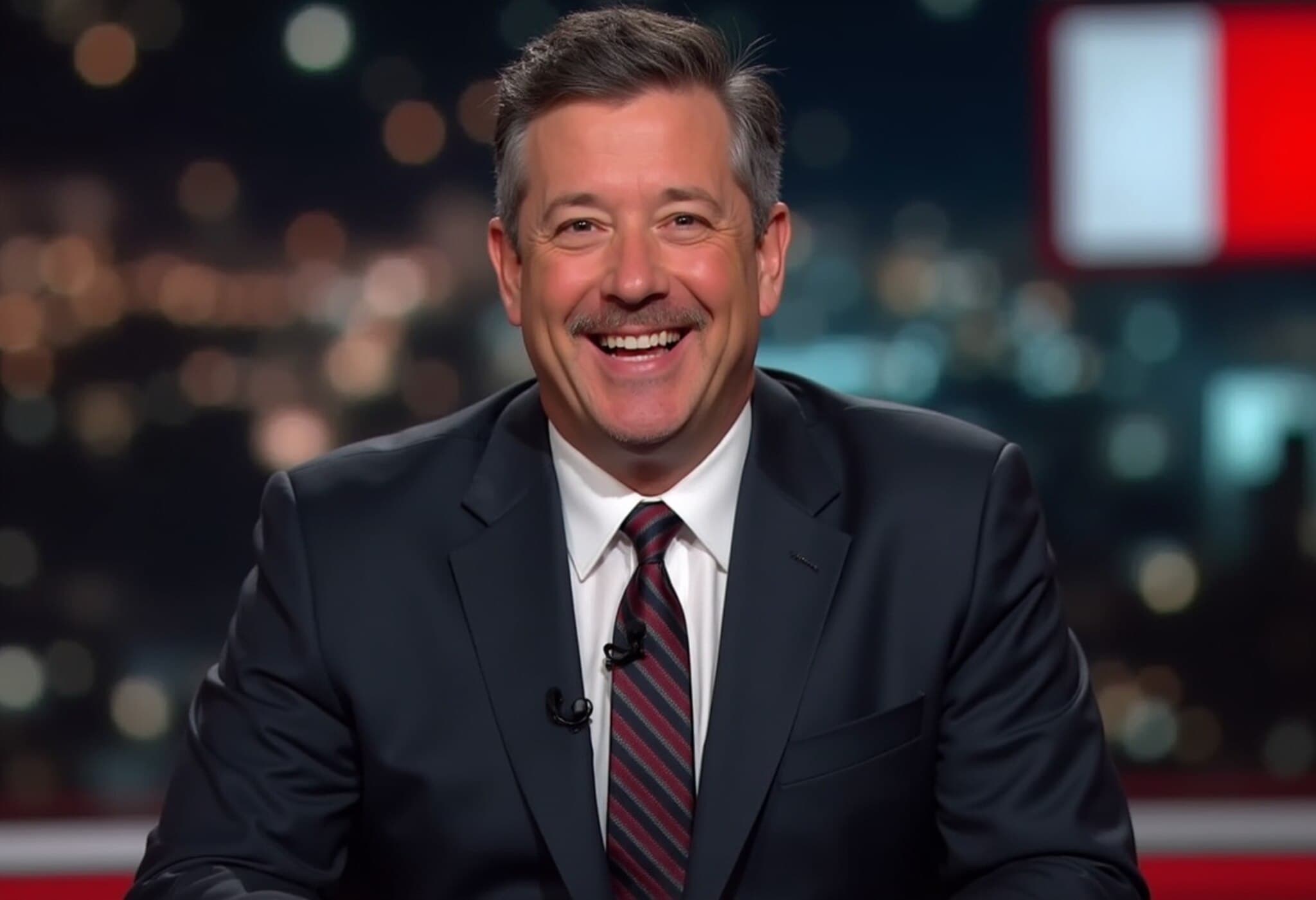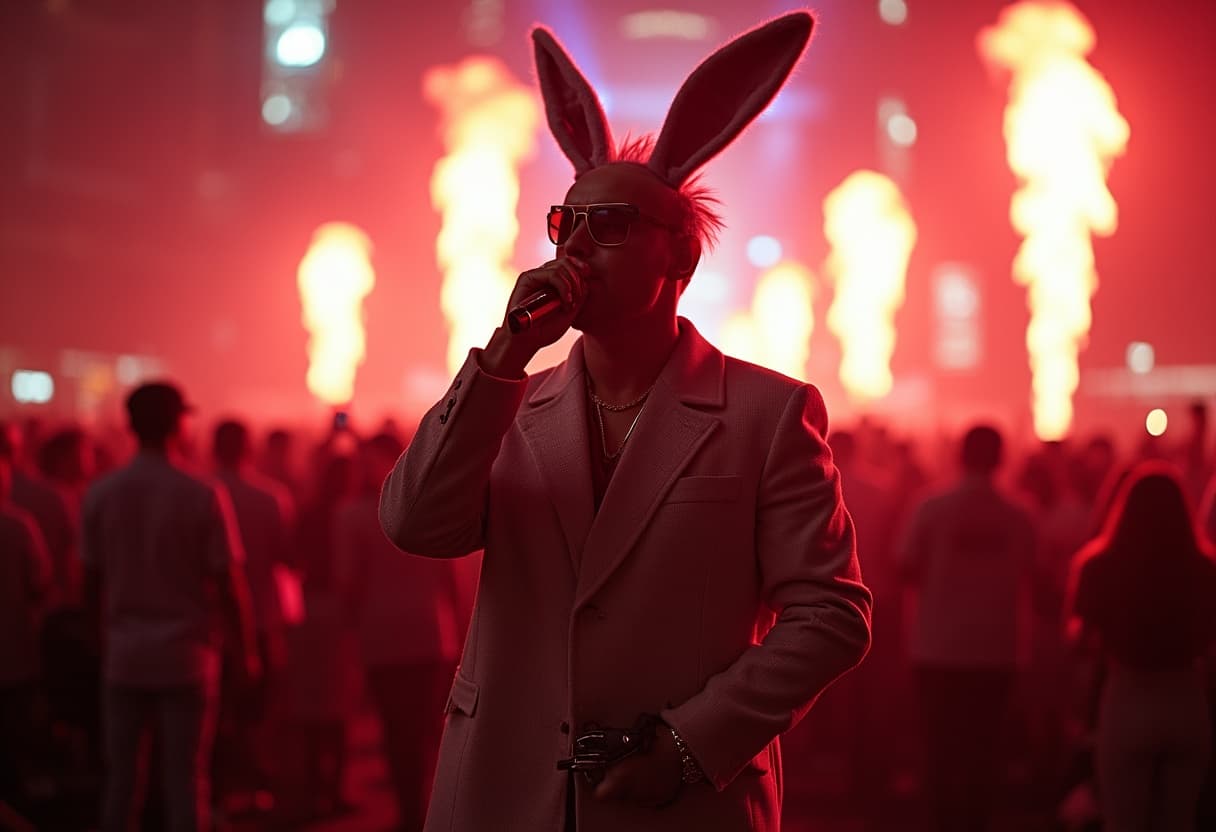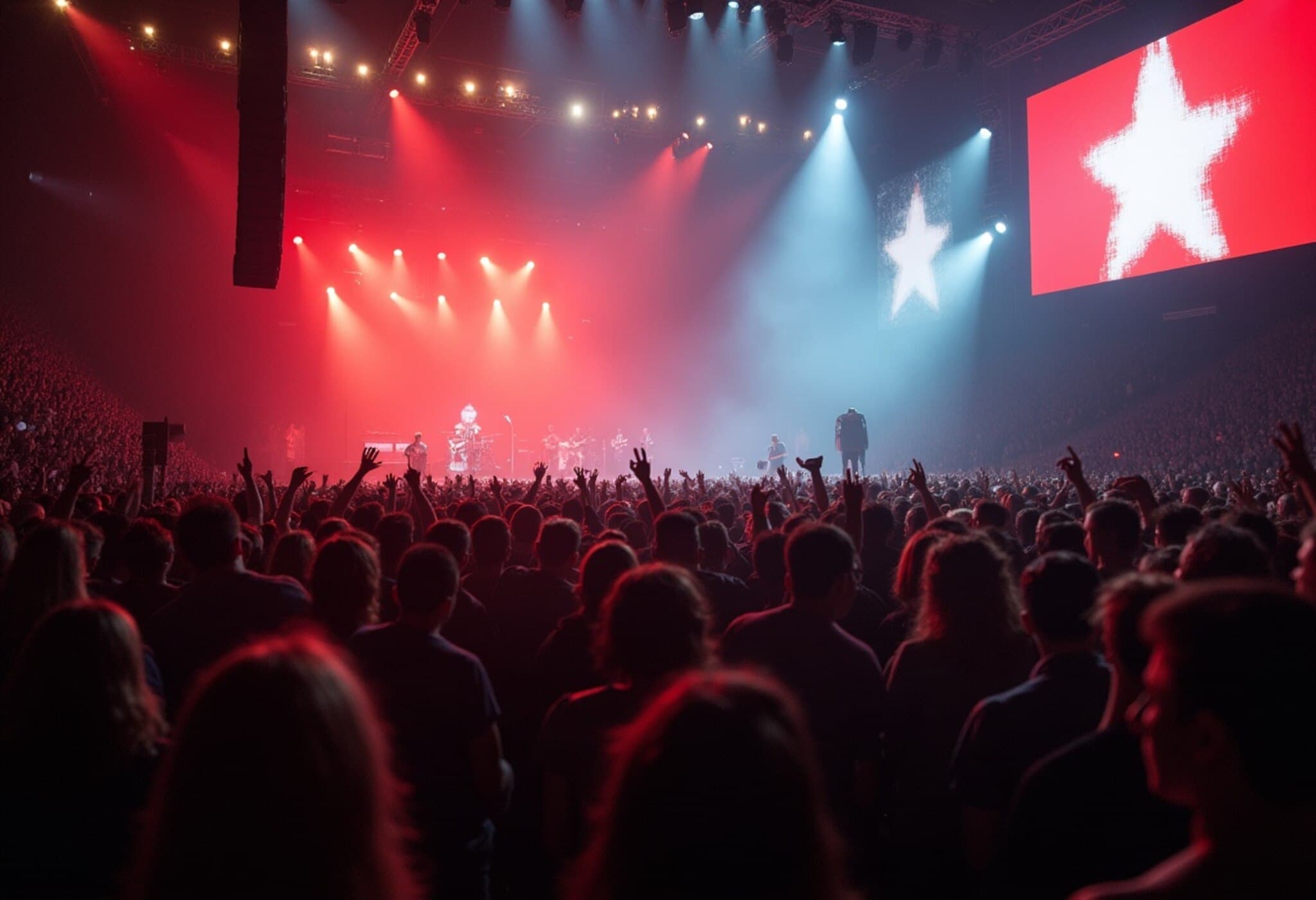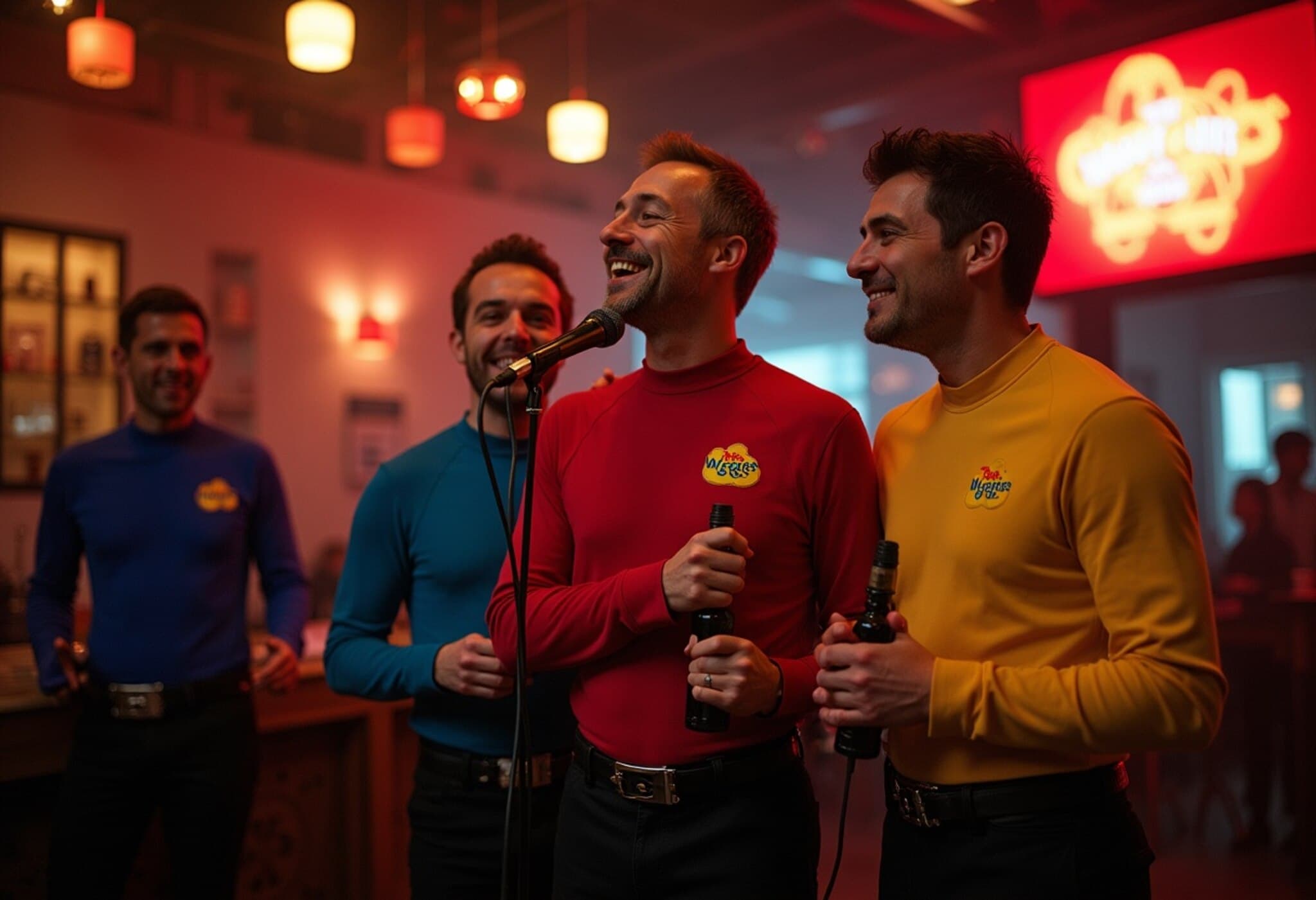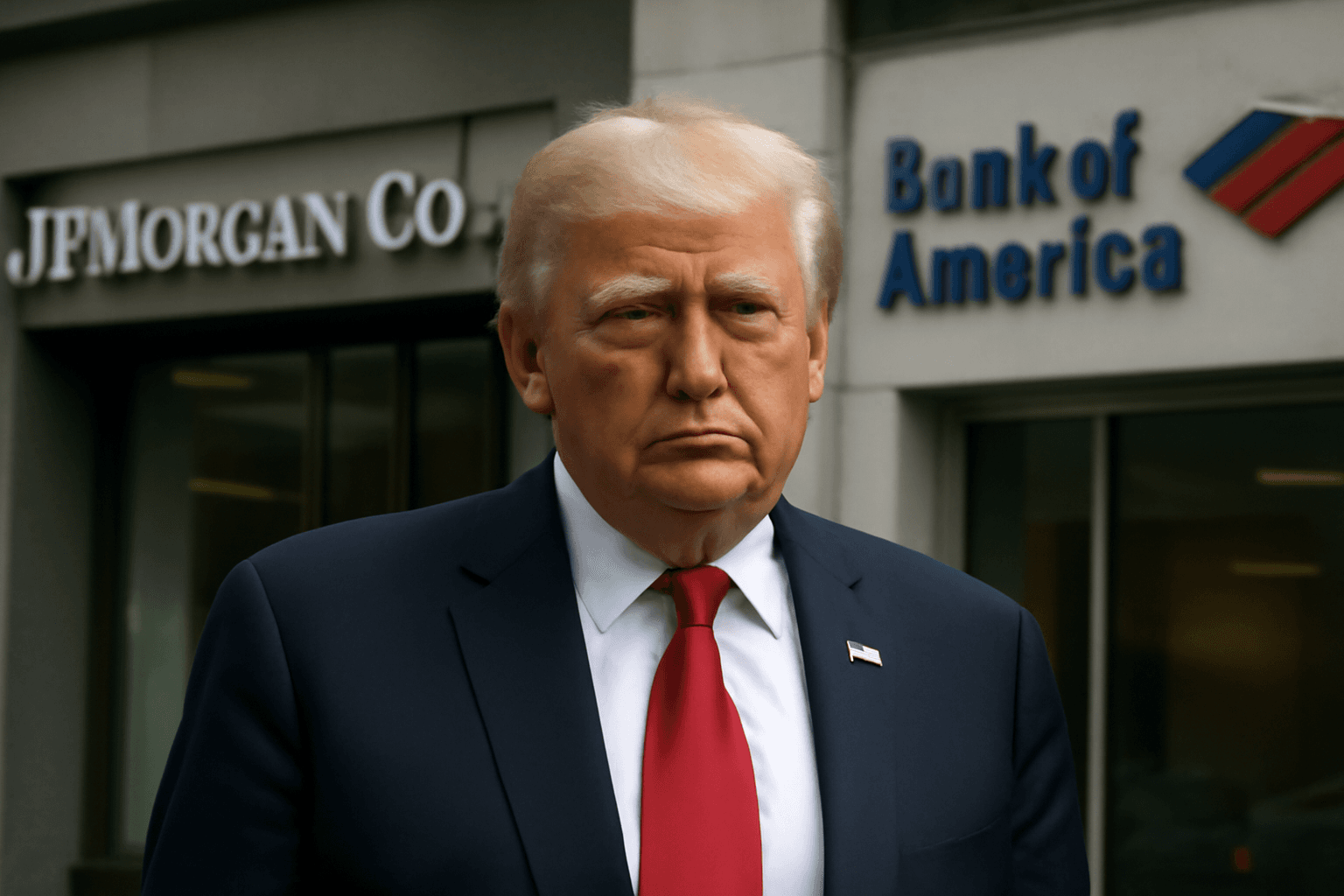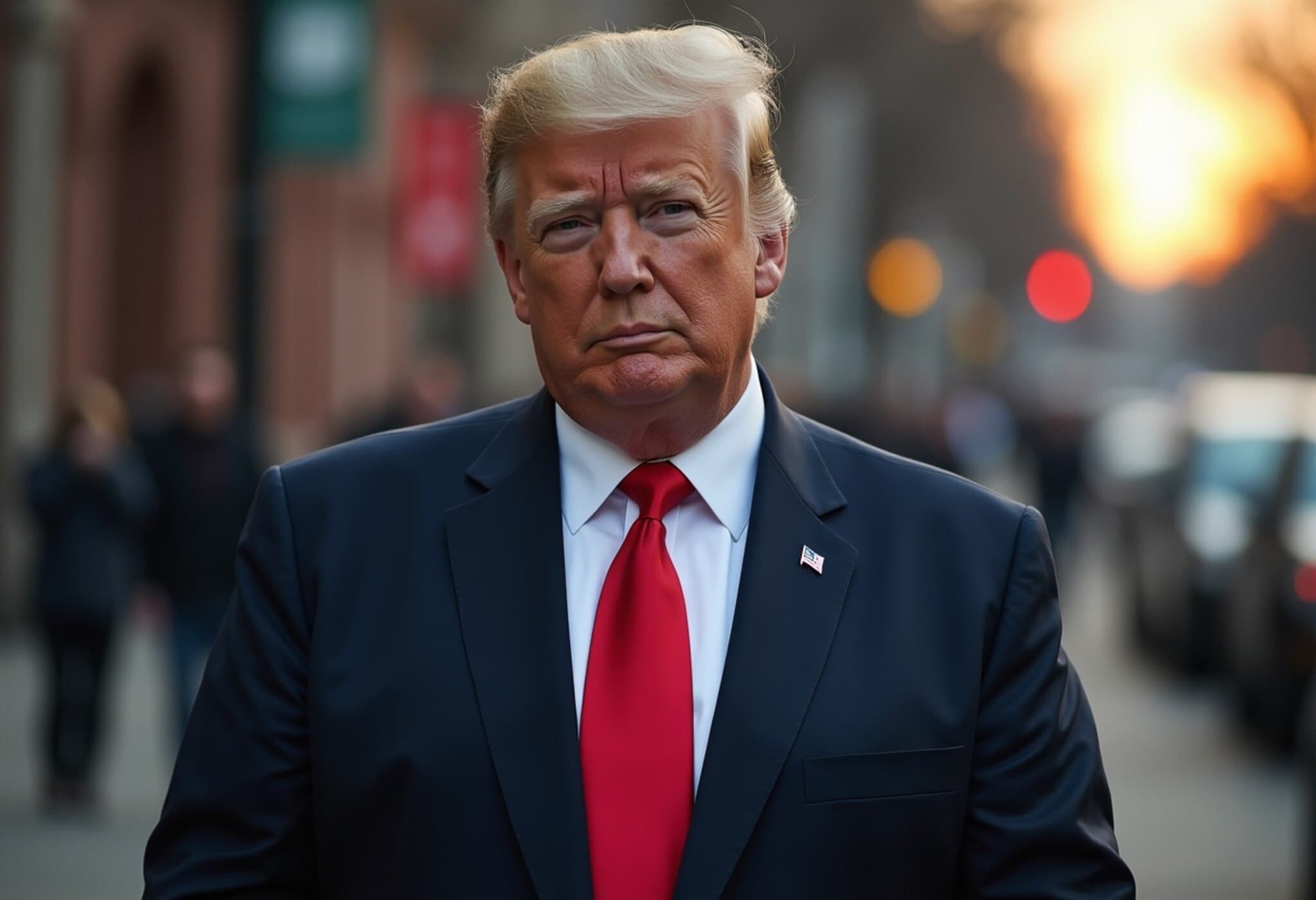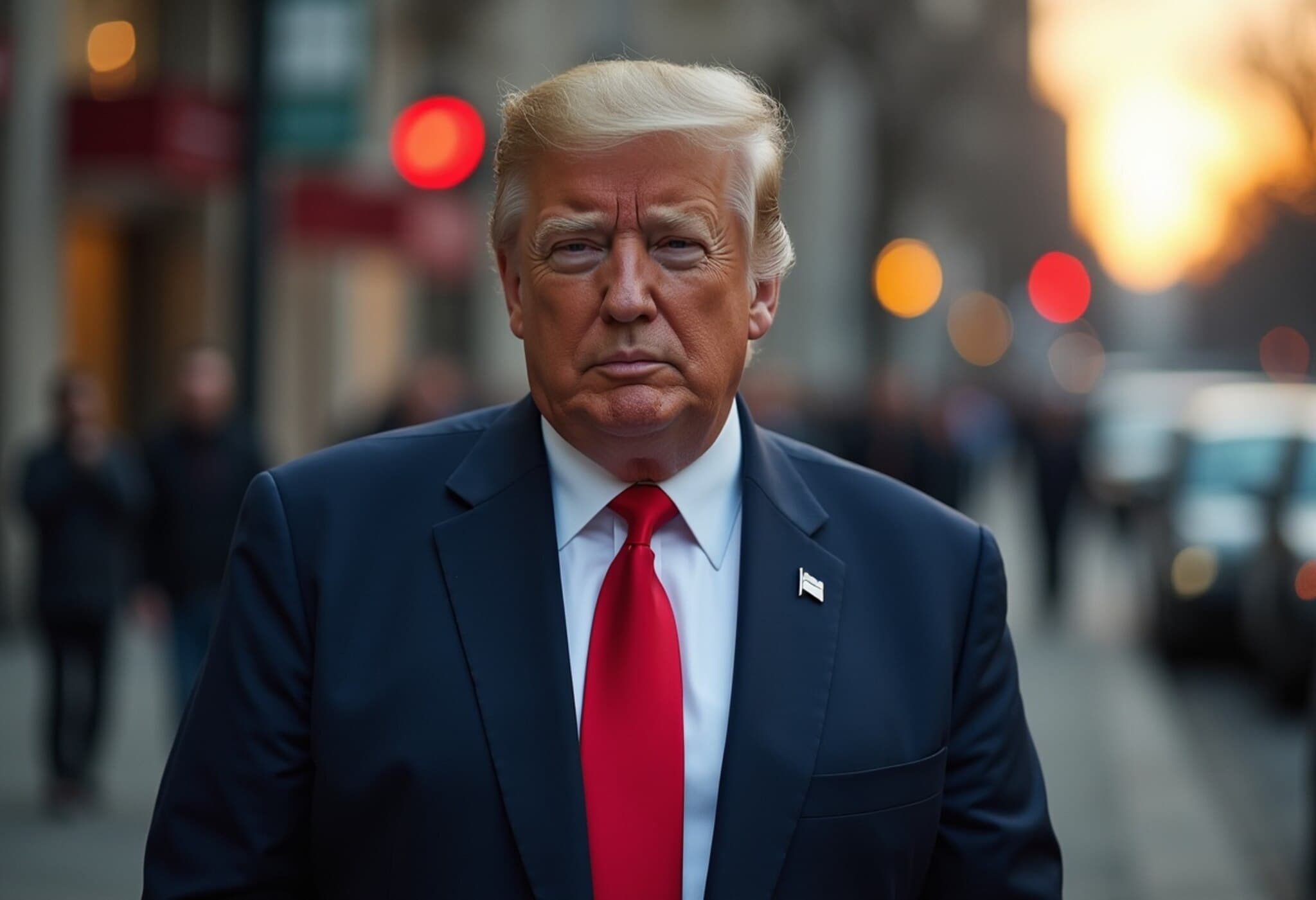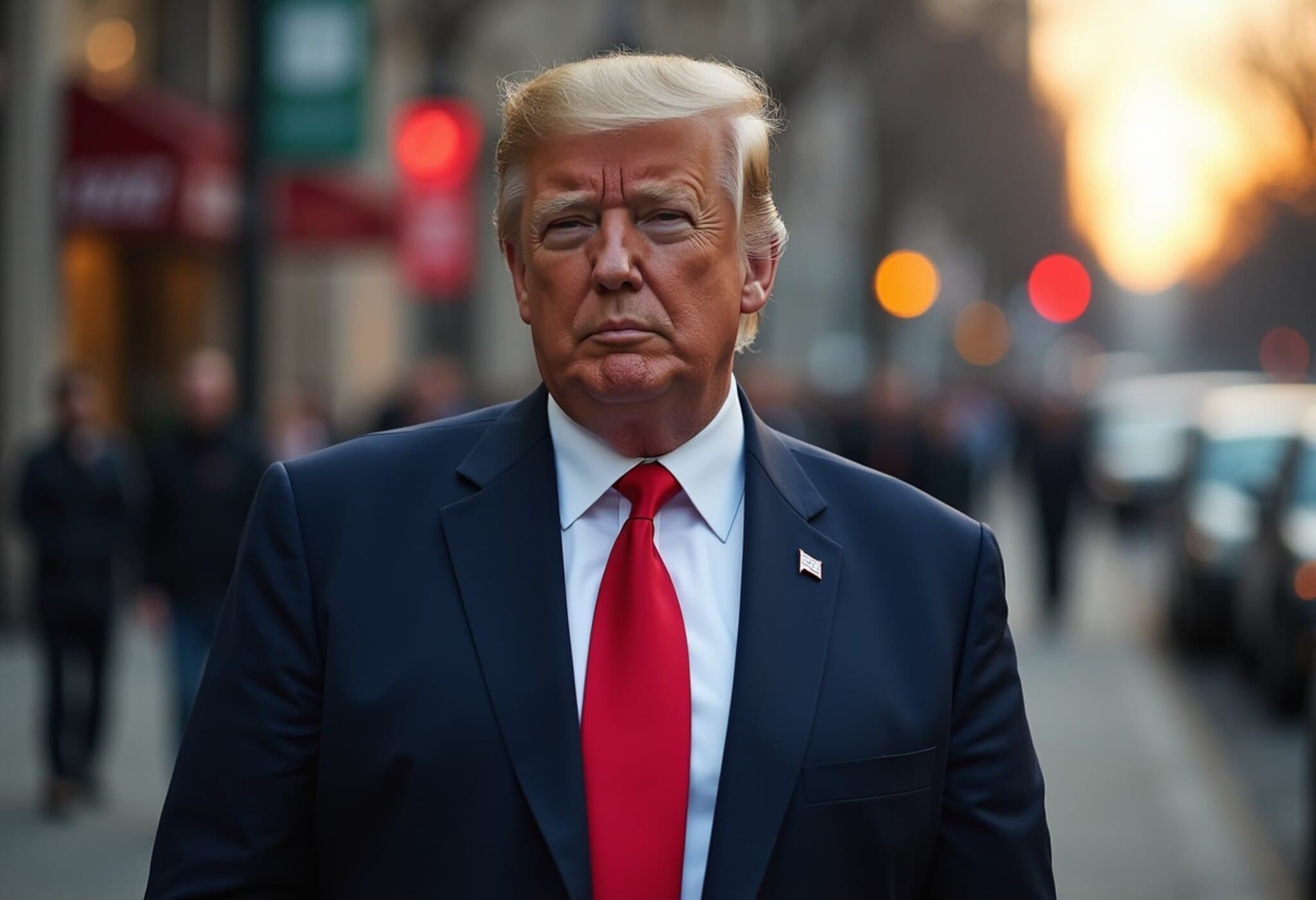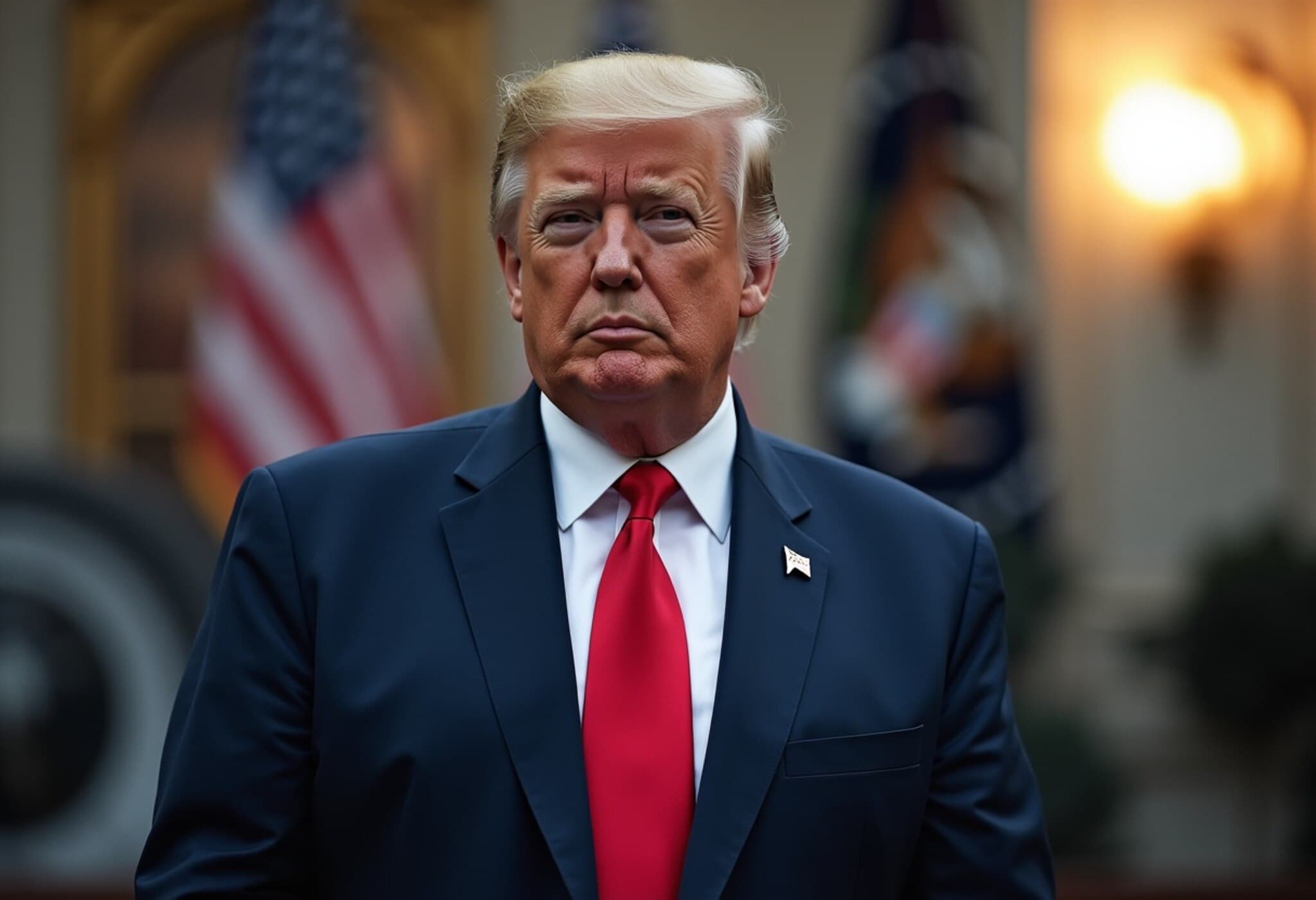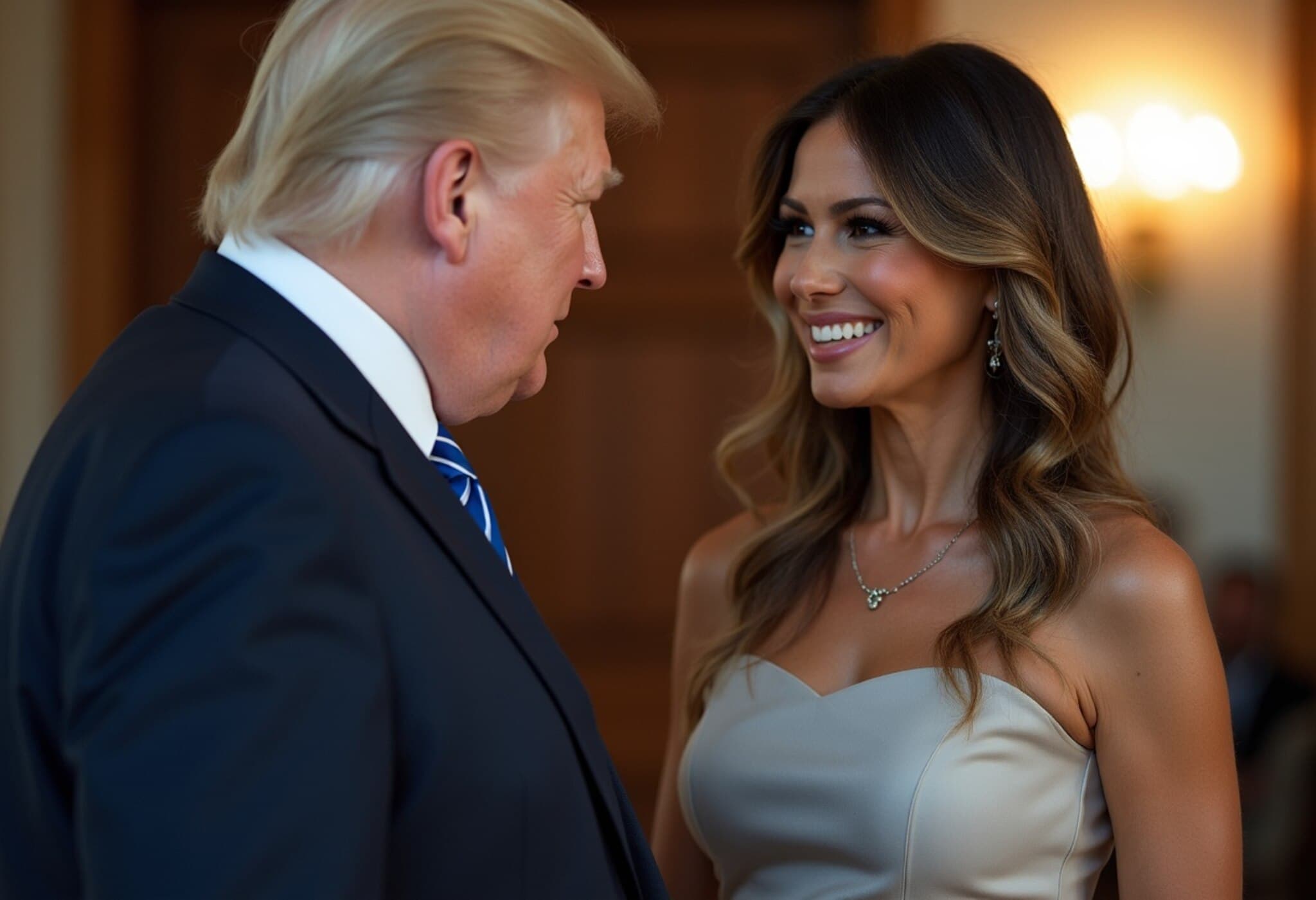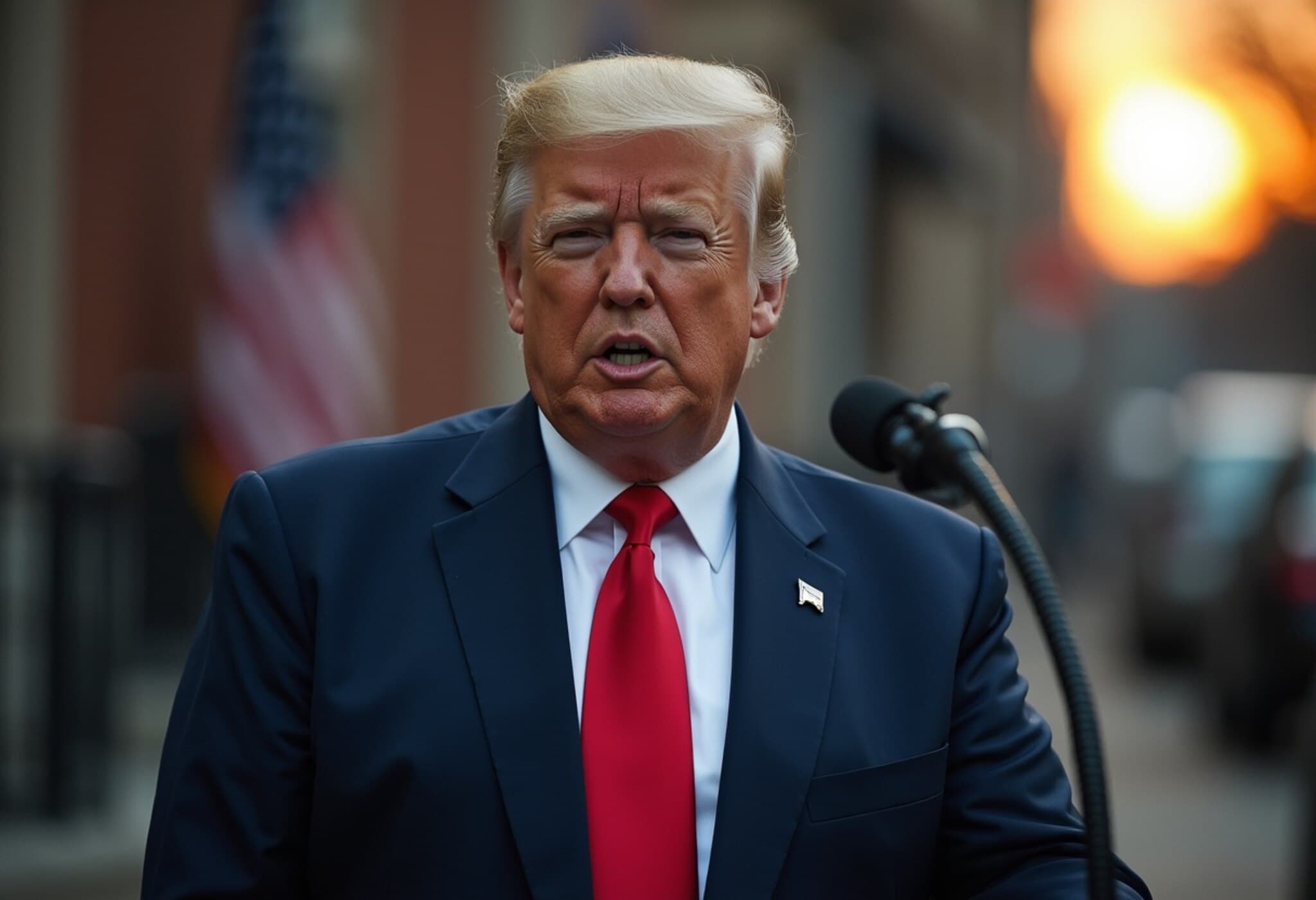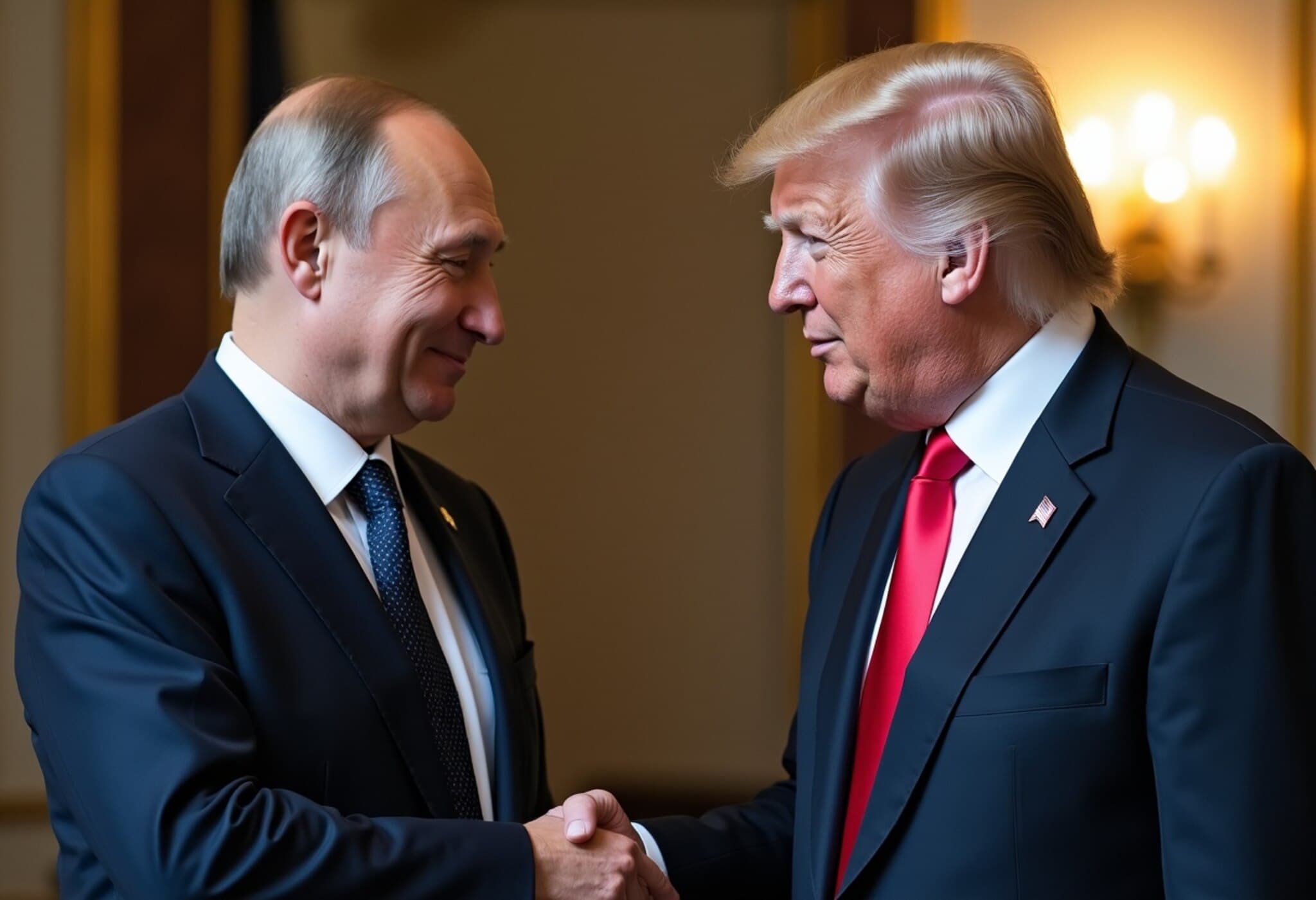Trump Targets Late-Night TV Hosts with Sharp Criticism
In a recent news conference that caught the media's attention, US President Donald Trump did not hold back in his critique of prominent late-night television hosts Stephen Colbert, Jimmy Fallon, and Jimmy Kimmel. Trump declared that these entertainers lack talent and foresaw the impending end of their shows, following CBS’s decision to cancel Colbert’s longtime program.
Predicting the End for Kimmel and Fallon
The president made his remarks during a press event on August 7, 2025, responding to a question about radio personality Howard Stern and declining public sentiment around "anti-Trump" entertainment. After mentioning CBS's recent cancellation of "The Late Show with Stephen Colbert," Trump extrapolated the trajectory for other late-night hosts.
"Colbert has no talent," the president remarked bluntly. "I could pick just about anyone off the street who would do better—to say nothing of Fallon and Kimmel, who are next in line for cancellation." Trump's assertion hinged on the belief that these hosts failed to maintain viewer interest and ratings, framing their decline as a reflection of waning public support for entertainment perceived as antagonistic to his presidency.
Political Undertones and Media Dynamics
Trump’s comments add fuel to a longstanding narrative about late-night shows that often feature political satire and criticism of his administration. While some liberal commentators speculate CBS canceled Colbert's show partly to appease political pressures, CBS’s parent company Paramount clarified that such decisions were strictly based on financial considerations rather than political motives.
Trump also took a jab at Howard Stern, recalling the shockwaves in Stern’s audience after his public endorsement of Hillary Clinton during the 2016 presidential election. "He lost his audience after backing Clinton," Trump said, underscoring the intertwined relationship between entertainment media and political allegiances.
Expert Insight: Television’s Shifting Landscape
The president’s remarks highlight deeper issues in the evolving late-night television landscape. Traditional late-night formats face stiff competition from streaming platforms, social media influencers, and changing viewer habits. The political tone of some hosts adds another complex dimension.
Media analyst Jane Rogers comments: "The cancellation of established shows like Colbert's signals a broader shift—it's not just about politics, but also about how audiences consume content today. While Trump’s criticism is politically charged, the industry is grappling with how to remain relevant in a fragmented market."
What This Means for Late-Night Entertainment
- Traditional late-night shows might need to reinvent formats to attract younger viewers.
- Political polarization could continue to influence programming decisions and audience engagement.
- The role of media personalities as political commentators reflects broader societal debates on media bias and freedom of expression.
Editor's Note
President Trump’s sharp rebuke of late-night hosts underscores the enduring tension between political figures and the media landscape. Beyond the soundbites, this episode raises critical questions about the future of televised political satire and audience loyalty in an era where entertainment and politics often collide. As networks balance financial realities with evolving viewer preferences, the coming years will likely reshape how late-night television adapts to America’s changing cultural and political climate.

